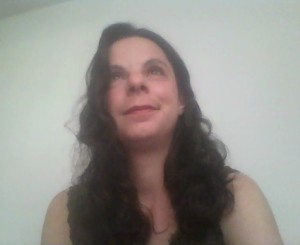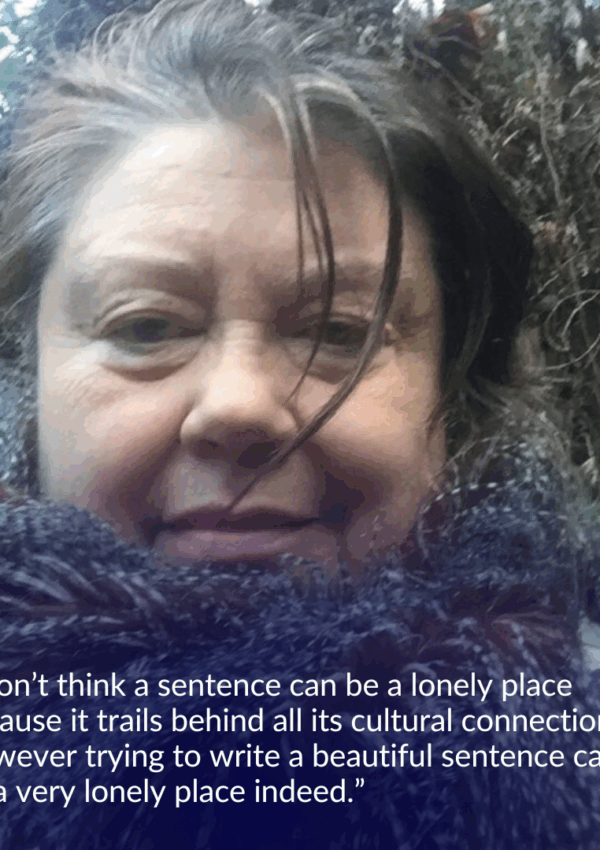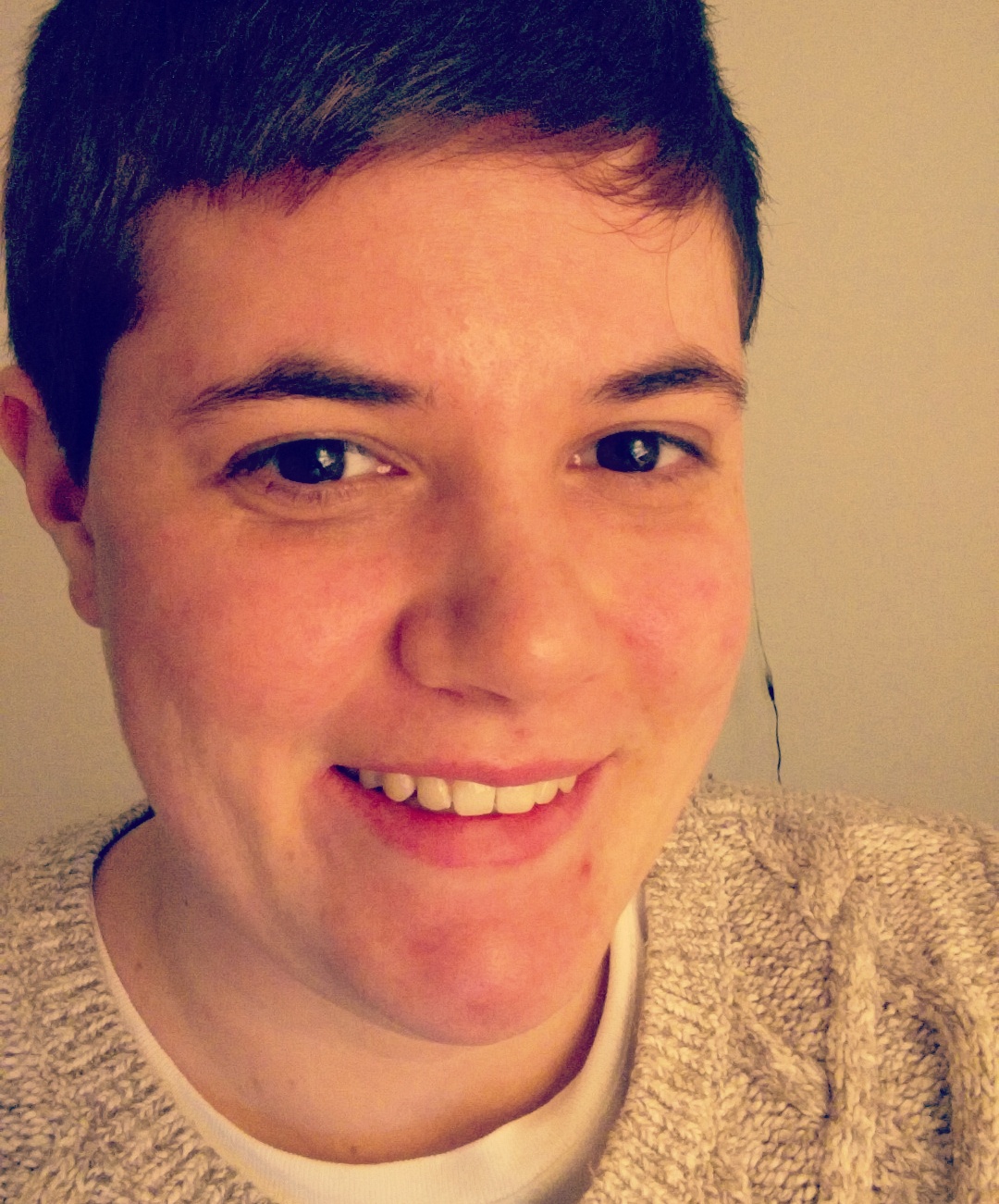The current trend of writing poetry has made it so that more and more poets can sustain a living in the periphery of creative writing. The advent of MFA programs, the uptick of blogs and magazines and the general increased standard of living in the USA have all contributed to this. Although the avenues for contemporary poets have multiplied, it has led to a domestication of the poet whose subject matter is subsequently egomaniacal and circumscribed.
The domestication of the poet is the safety of writing mundane poetry. Like a cat who is too frightened to venture outside, the domesticated poet rarely has experiences very far from home. Because this poet has, since a child, rarely ever been exposed to instances where they were not well-liked, nor moments of any substantial conflict or degradation. If a situation occurred where their livelihood or image of self was threatened, the poet only needs to retreat to the welcoming arms of (mostly purchased) predictability.
It’s little wonder that current poets are constantly treading the same grounds in their work: mediocre neurosis, heartbreak, childhood memories and getting drunk. Occasionally there are the observant poets who focus on what happens outside of them, but still the reader gets a feeling that this occurs from a subjectivity so assumed that things exist only because the poet is there to experience them. Other poets have to revert directly to their imaginations, a wonderful strategy, but these too often highlight the ordinariness of their paltry living.
It is little wonder why the current poet is so infatuated with themselves. (If you find poetry reading drabs, bring a flask and each time the poet reads, “I” in their poem take a hit.) For the domesticated poet rarely meets anyone that is not very much like them. For these poets, to write “I” is to write “Everyone,” but of course not everyone –only the small group of people the poet feels entitled to represent. They are everyone and everyone is really no one at all.
I don’t know who poetry is written for anymore. For a long a time I thought it was for the rebels, the strange, the people who needed or looked for a little slice of beauty and empathy. Perhaps this was just an excuse to participate in delinquent activities, but now I am in a Ph.D. program for poetry. They are training me to be an instructor, to accompany the other side of the coin, to invest more in a bank full of young poets who are afraid of risk.
I know that having a variety of experiences won’t make you a good poet. I know that first-hand. And I’m not dismissing comfort and safety. Yes, we have to LIVE, but we also have to stay alive. However, having more experiences allows the writer to write about more and thus to write to a larger audience. Poetry, unfortunately, has become disconnected and awfully boring. There is little reason this should be.
 Lauren Sartor graduated with an MFA from Sarah Lawrence College. She is currently getting her Ph.D. at SUNY Binghamton in Poetry. She has gotten a handful of poems published in fairly esoteric journals. She is currently working on a manuscript of poetry titled Advocate in which she speaks loudly for the addict, the mentally ill, and the sexually abused.
Lauren Sartor graduated with an MFA from Sarah Lawrence College. She is currently getting her Ph.D. at SUNY Binghamton in Poetry. She has gotten a handful of poems published in fairly esoteric journals. She is currently working on a manuscript of poetry titled Advocate in which she speaks loudly for the addict, the mentally ill, and the sexually abused.



